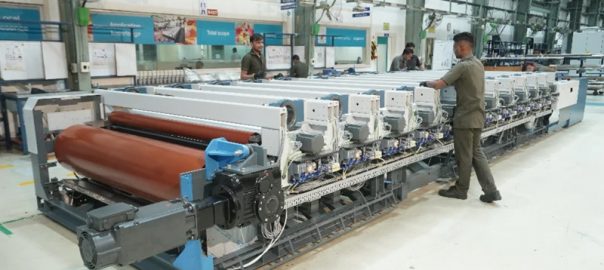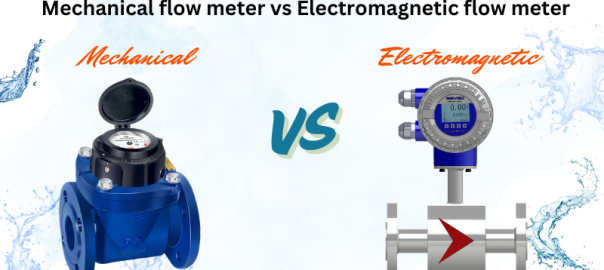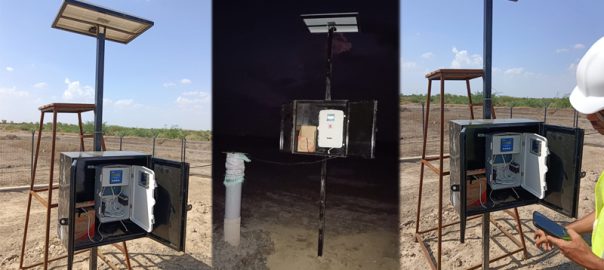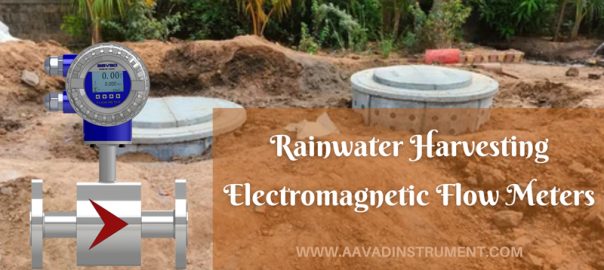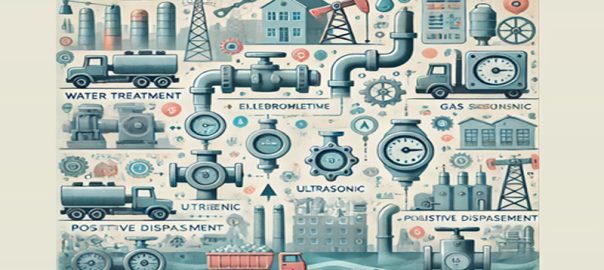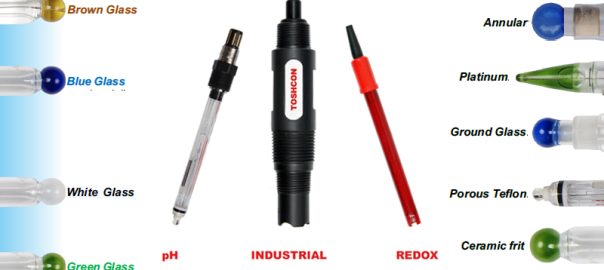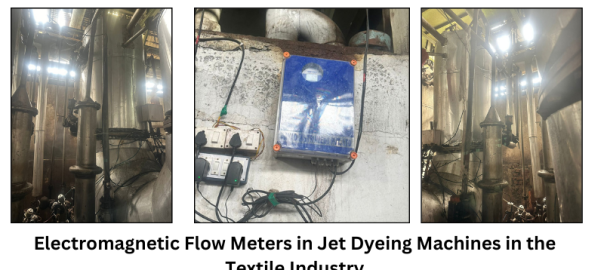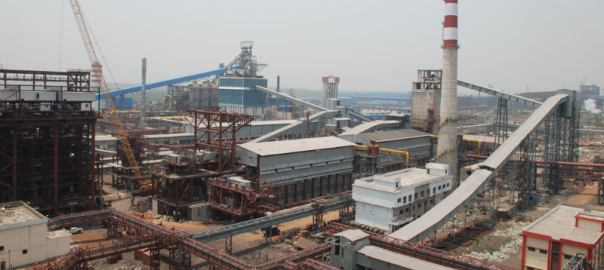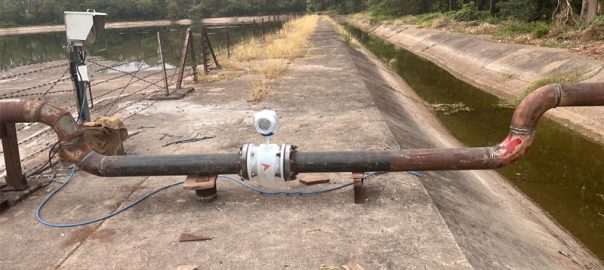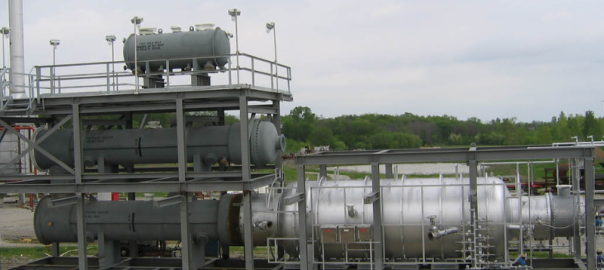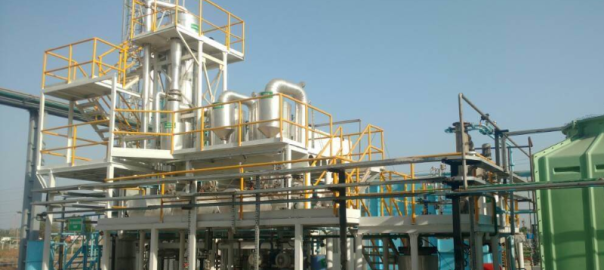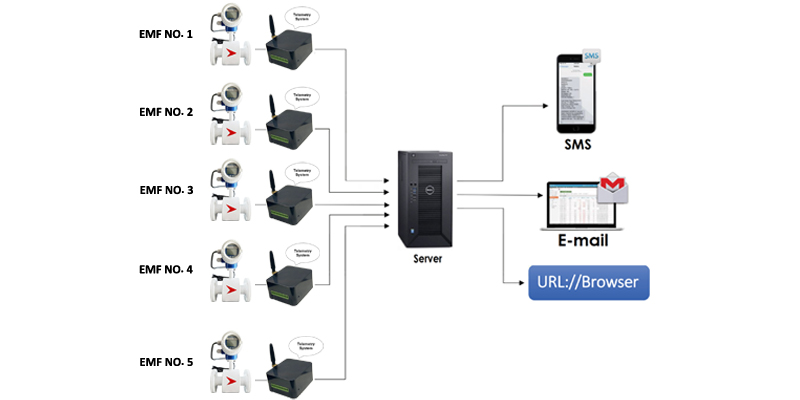
Introduction
In an era where technology is rapidly advancing, various industries are leveraging innovative solutions to streamline operations and optimize efficiency. One such industry is water management, where traditional water flow meters are being replaced by cutting-edge digital meters equipped with GSM/GPRS technology. This blog post explores the remarkable capabilities of GSM/GPRS technology-based digital water flow meters and the significant impact they have on the field of water management.
1. Understanding GSM/GPRS Technology: GSM (Global System for Mobile Communications) and GPRS (General Packet Radio Service) are widely adopted wireless communication technologies used in mobile networks. These technologies enable seamless data transmission and communication over long distances, making them ideal for remote monitoring and control applications.
2. The Need for Digital Water Flow Meters: Traditional water flow meters have limitations when it comes to real-time data monitoring and remote management. GSM/GPRS-based digital flow meters overcome these limitations by providing accurate, instantaneous flow measurements and enabling remote access to data.
3. Features and Benefits of GSM/GPRS-based Digital Water Flow Meters:
a. Real-time Monitoring: These meters offer real-time data monitoring, allowing water management personnel to access accurate flow data remotely. This feature facilitates prompt decision-making and proactive maintenance.
b. Data Logging and Analysis: GSM/GPRS-enabled flow meters can log flow data at regular intervals, storing it in a centralized database. This data can be analyzed to identify patterns, trends, and anomalies, leading to improved operational efficiency and informed decision-making.
c. Alarm and Alert Systems: Digital flow meters can be programmed to trigger alarms and alerts in case of abnormal flow rates, leaks, or other critical events. Water management personnel can receive notifications via SMS or email, enabling prompt response to prevent potential water losses or damages.
d. Remote Configuration and Control: GSM/GPRS technology enables remote configuration and control of flow meters, eliminating the need for physical access. Parameters such as flow rate thresholds and calibration can be adjusted remotely, saving time and resources.
e. Integration with Water Management Systems: Digital flow meters with GSM/GPRS capability can be seamlessly integrated into existing water management systems, creating a comprehensive and interconnected infrastructure. This integration enables efficient data exchange, monitoring, and control across multiple locations.
4. Case Study: Successful Implementation of GSM/GPRS-based Digital Flow Meters:
Highlight a real-world example or case study where a water management organization implemented GSM/GPRS-based digital flow meters and achieved significant improvements in efficiency, reduced water losses, and enhanced overall water management practices.
5. Future Prospects and Conclusion: As technology continues to advance, the potential for GSM/GPRS-based digital water flow meters is vast. With further developments in IoT (Internet of Things) and smart city initiatives, these meters will play a pivotal role in transforming water management practices, reducing wastage, and ensuring sustainable water utilization for future generations.
6. Improved Accuracy and Precision: Digital water flow meters equipped with GSM/GPRS technology offer higher accuracy and precision compared to their traditional counterparts. They employ advanced measurement techniques and sensors that provide more reliable and precise flow data. This enhanced accuracy allows water management authorities to make informed decisions based on reliable measurements.
7. Water Conservation and Leak Detection: One of the significant advantages of GSM/GPRS-based digital flow meters is their ability to detect leaks and anomalies in real-time. By monitoring flow rates and identifying sudden changes or irregular patterns, these meters can quickly alert water management personnel about potential leaks or unauthorized water usage. Early detection of leaks helps conserve water resources and reduces water losses, leading to cost savings for water management authorities.
8. Remote Meter Reading and Billing: GSM/GPRS technology eliminates the need for manual meter reading and billing processes. Digital flow meters with this capability can transmit consumption data directly to the utility company or water management authority. This feature simplifies the billing process, reduces errors, and enhances customer service by providing accurate and up-to-date consumption information.
9. Scalability and Flexibility: GSM/GPRS-based digital flow meters offer scalability and flexibility, making them suitable for various water management applications. Whether it’s monitoring water usage in residential buildings, commercial complexes, or industrial facilities, these meters can be easily installed and integrated into existing systems. They can also be deployed in remote locations, where access to data might be challenging, providing a cost-effective solution for widespread water monitoring.
10. Enhanced Maintenance and Asset Management: With real-time data monitoring and remote access capabilities, GSM/GPRS-based digital flow meters facilitate proactive maintenance and asset management. Water management authorities can monitor the health and performance of the meters, detect potential issues, and schedule maintenance activities accordingly. This proactive approach ensures the longevity of the meters and minimizes downtime, resulting in optimized operations and reduced maintenance costs.
11. Integration with Smart Water Grids: As cities and municipalities embrace the concept of smart infrastructure, GSM/GPRS-based digital flow meters play a crucial role in the development of smart water grids. These meters can be integrated into a centralized water management system that collects and analyzes data from various sources. By combining flow data with other relevant information, such as weather conditions or demand patterns, smart water grids can optimize water distribution, identify areas of improvement, and enhance overall water resource management.
Conclusion:
GSM/GPRS technology-based digital water flow meters have revolutionized the field of water management by providing real-time monitoring, remote access, and intelligent control capabilities. With their accuracy, remote data transmission, and integration possibilities, these meters contribute to water conservation efforts, improve operational efficiency, and enable sustainable water utilization. As water management practices continue to evolve, GSM/GPRS-based digital flow meters will remain at the forefront, empowering organizations to make data-driven decisions and ensure the responsible management of this precious resource.


